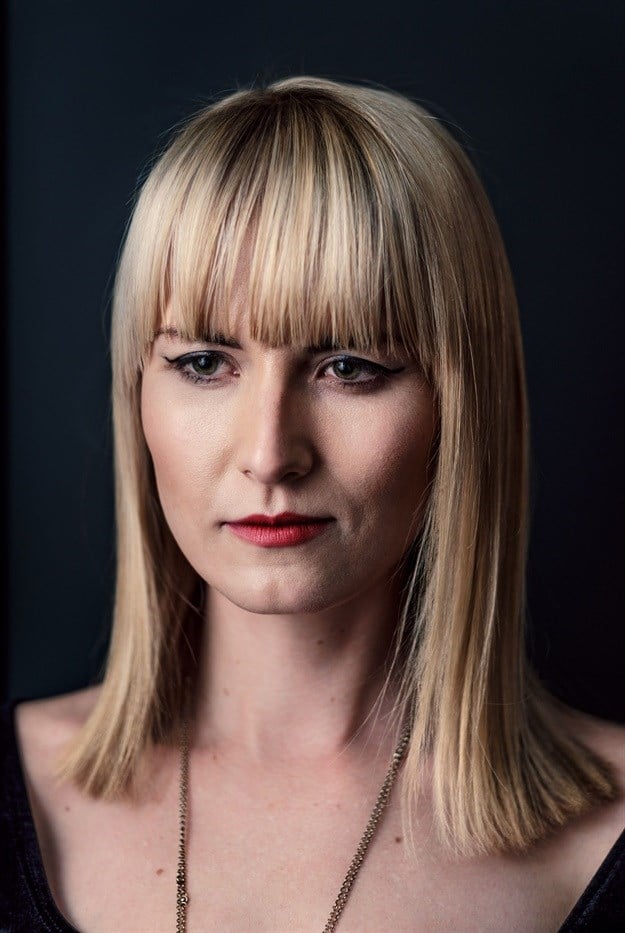#BizTrends2019: Big brother brands - how to not be evil in 2019
That three-word phrase was a famous part of Google’s code of conduct, until April last year that is.
Being 'evil' is very tempting. Brands and businesses are constantly tempted to exploit consumer data and values for profit.
Take Google; the temptation to sell out their values, in the form of submitting to China’s state censorship to secure a shot at the massive Chinese market, was just too alluring to pass up.
Similarly, beauty brands, including fan favourites MAC and Revlon, agreed to animal testing (a practice they reviled in their home markets) to gain entry to lucrative markets (China again) that insist on the practice.
As we head into 2019, it’s worth our while to examine the trends that highlight the potential brands have to drive both good and evil in society.

Brand stand vs the brandwagon
Brand stand: Brands taking an ethical stand on political or socio-cultural issues.
The brandwagon: Brands capitalising on political or socio-cultural issues without a true commitment to the underlying cause.
According to a Forbes’ Elite Daily study, two thirds of Millennials and Generation Z expect the brands they support to reflect their values. Brands have an incentive to 'virtue signal' or capitalise on social justice causes to attract young consumers.
Call the zeitgeist correctly, as Nike did by appointing - and standing by - controversial brand ambassadors in the form of Colin Kaepernick and Casta Simenya, and the rewards can be great indeed. (Nike gained 170 thousand Instagram followers and a healthy sales spike that more than compensated for the conservative consumers it lost in the process.)
However, before brands jump onto the brandwagon, they should ensure they’re willing to stand behind their cause. L’Oreal learned this the hard way after it got cold feet on not one but two ambassadors. First O’Loreal pulled out of its contract transgender African American model, Munroe Bergdorf, after she tweeted about white privilege. Then, just months later, L’Oreal made the same mistake again, when it fired its first-ever hijab-wearing hair model, over anti-Zionist tweets…
Morality marketing vs corporate censorship
Morality marketing: Brands using their platforms and advertising reach to deliver moral lessons.
Corporate censorship: Brands using their platforms and advertising reach to censor viewpoints and manipulate behaviour.
Morality marketing involves private businesses priest and judge - defining values and dispensing justice.
For example, football clubs Chelsea and Lazio insisted fans who engage in anti-Semitic behaviour will only be allowed back to watch club games if they attended a club-mandated tour of Auschwitz.
However, there is a difference with using your brand’s leverage to influence society for good and with using your influence for public censorship or propaganda, as Facebook was accused of doing in the wake of the Cambridge Analytica scandal.
Brand-lead biohacking vs behaviour modification
Brand-lead biohacking: Brands using rewards and biometrics to encourage healthy life choices.
Behaviour modification: Brands using punitive measures to manipulate consumers’ behaviour.
Benevolent Biohacking involves brands influencing consumer behaviour through incentives. For example, how Discovery insurance rewards consumers for good driving (as measured by car trackers) and healthy exercise habits (as measured by wearable fitness trackers).
However, there is a fine line between rewarding people for making good choices and punishing people for refusing to share personal data.
Businesses move into “evil” territory when they deny consumers access to important services unless they hand over personal information.For example, a medical insurer refusing coverage without access to 23AndMe DNA test results. At this point, we move from benevolent biohacking into creepy behaviour modification territory.
Personal privacy awareness is one of the big trends to watch in 2019.
Branded states vs surveillance capitalism
Branded states: Brands partnering with cities and states to create public spaces and communities.
Surveillance capitalism: Brands partnering with cities and states to control public spaces and communities.
Brands and business can be of great benefit to broader society. Uber, for example, is sharing ride-pattern data with city planners to help design more efficient, less congested road networks.
On the other hand, brands that sell out their consumers to less than altruistic governments risk losing consumer trust. Apple is adamant companies should not hand over consumer data to governments for use in state surveillance. However, other tech companies, for example, Alibaba and WeChat, were happy to share their users’ data with the Chinese government to help calculate the 'Social Credit Scores' which determine individual’s access to opportunities within that country. Such moves are unlikely to win you long-term favour with consumers.
Don’t be evil
To quote superman, “With great power comes great responsibility.” Brands and businesses are well advised to resist the temptation to sell out their consumers for short-term gains.
Related
Lemonaid: How to turn ‘pollycrisis’ into ‘polytunity’ 4 Apr 2025 RAPT BizTrendsTV: Li Ndube on Afro-optimism - African growth vs Western degrowth 25 Feb 2025 30/30/30 Project Report: Gen Z dissatisfied over lack of progress in 30 years in SA 21 May 2024 The 30/30/30 Project: Why Gen Z is not interested in voting 17 Apr 2024
































